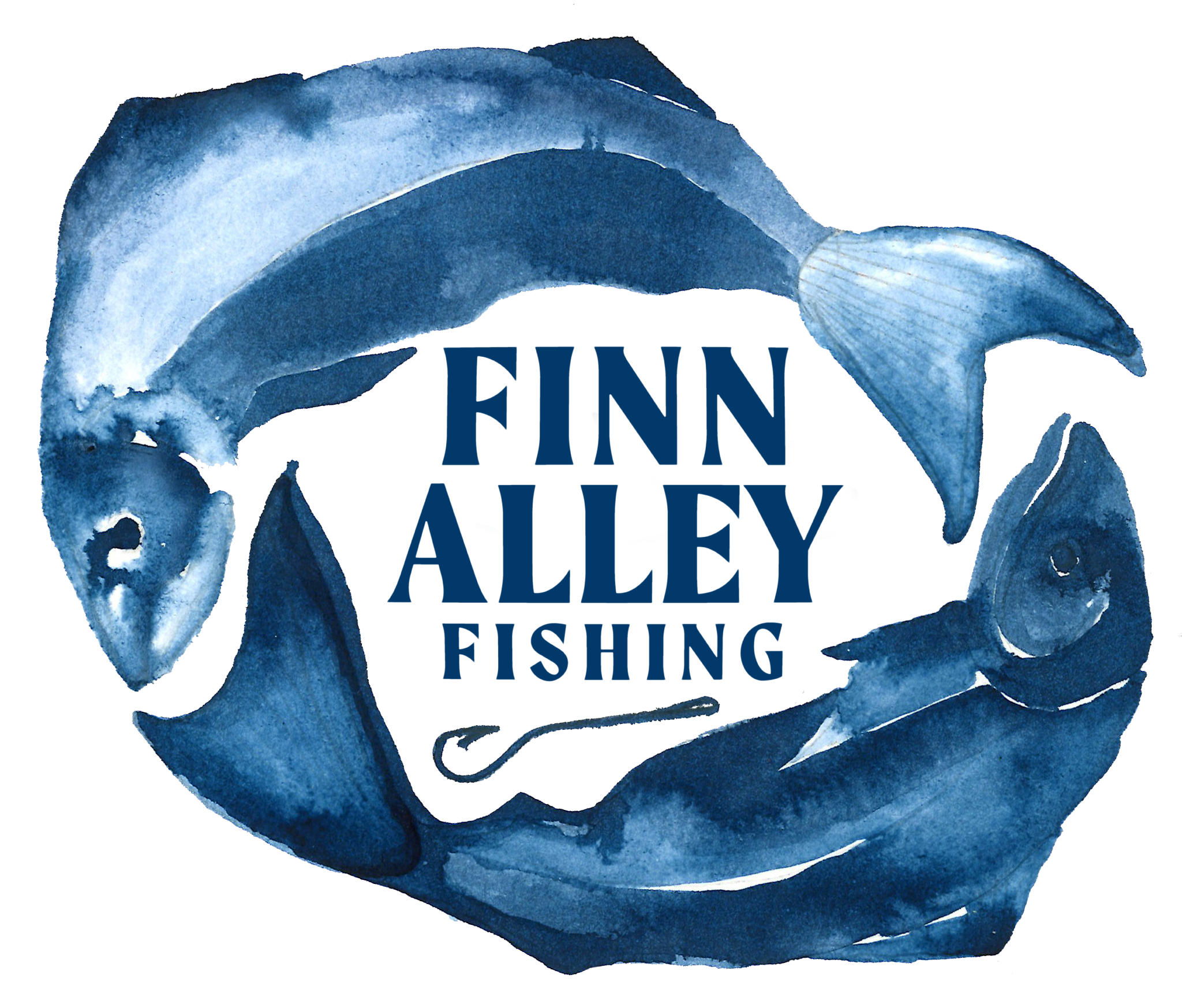
sitka, alaska
Located in the heart of the Tongass, the largest temperate rainforest in the world, Sitka is situated along the coast of the North Pacific, 800 miles north of Seattle. Baranof Island—or Shee, as called by the Tlingit, the indigenous tribe that has lived on the island for 10,000 before the Russian arrival at the end of the 18th century—is home to about 1,500 Alaskan brown bear, mountain goats, Sitka blacktail deer, and has some of the wildest, most extreme landscape in the world.
the town
Today, about 8,500 people live in town, working primarily in tourism and fishing. With the largest harbor system in the state, and the ninth-busiest fishing port in the nation, salmon, herring, and halibut play a critical role in town’s survival. With just 14 miles of road running along the coast, inhabitants are always looking to the water for sustenance, and replenishment.
Widely considered to be Alaska’s most beautiful town, both National Geographic and Smithsonian tours regularly feature Sitka on their itineraries. In 2018, Condé Nast Traveller featured Sitka as the cover for “Most Beautiful Towns in America.”

climate change
The tiny fishing hamlet also finds itself on the front lines of climate change.

sustainable fishing practices
As waters warm, salmon runs decrease. High-impact fishing, such as seining and trawling, bring diminishing dividends. Luckily, the heart of Sitka’s fishing fleet is made up of trollers: small, often wooden boats built to absorb the waves of the open ocean, while also operating in smaller areas along the coast as salmon run to their native streams. Trollers also engage in “line-caught” fishing, dragging hooks behind the boat in search of schools of salmon.
Fishing has played a role in Sitka’s existence for thousands of years. The Tlingit Nation have engaged in sustainable fishing practices in ways we are just beginning to understand. Finn Alley Fishing shifts the focus from the “Derby-style” fishery—who can catch the most fish in the shortest amount of time, regardless of weather, or often environmental cost—to one that treats the salmon as a “celebration fish.”
A gift from the ocean given in exchange for respect, education, and forbearance.
Community Partners
As we work toward this goal, we have joined forces with a number of businesses in Sitka, as well as the Pacific Northwest.
various local food vendors
























